We live in a time when everything is accelerating, from cars and bikes to even human movement. Our cities are expanding, and technology is advancing rapidly. Our roads are congested with motor vehicles, and jobs are increasingly demanding. Physical interactions are gradually becoming more distant. Why bother meeting in person when we have the option of a video call? We used to always lend a hand to neighbors in need or accept invitations from friends for coffee. However, interest in our fellow human beings is declining. While family remains important, what about strangers? When someone is in distress and requires assistance, we often prefer to look away and leave, assuming that someone else will help. But what if you are in a profession that necessitates aiding those in need?
For some time, I've pondered what would happen if I encountered trouble on the road or suffered a seizure in a public place. Would bystanders come to my aid and administer first aid, or would they simply call an ambulance and leave me lying there, viewing it as someone else's problem or feeling unsure of how to assist?
Studies show that around 80 percent of Austrians have the confidence to provide first aid. The problem: Only about 15 percent know what to really do in an emergency.
Times change, and so do people. That's why I felt a surge of gratitude when my workplace announced it was time to refresh our first aid skills. In our line of work, such training is mandatory every two years. And rightfully so, for while the basics may stay ingrained in our minds, certain scenarios fade into obscurity. What if faced with a heart attack, stroke, or other medical emergency? Would we know how to react, or would panic consume us?
Our education began with an introduction from our teacher. The gentleman has been in this profession for 20 years and spent most of those years working in a hospital, but a few years ago he decided he wanted to pursue a more active role, so he became a paramedic. His stories were truly incredible, and none of us can imagine what happens and how important quick decisions are, and of course, time. When working as a rescuer, every second counts. When the phone rings, you don't have time to take another sip of coffee or give your wife a kiss; you don't have time to write a message about where you're going; you just jump in the ambulance and go. Perhaps that sip of coffee or kiss goodbye could mean someone dies because you arrived one second later. Are you ready to live with that feeling? For this profession, you have to be strong and learn how to cope when you're unable to save a person's life despite providing them with emergency help
His stories left me shaken, especially when I contemplated the fragility of life. In my line of work, death is a constant companion, but nothing prepared me for the gut-wrenching tragedy of lives cut short needlessly. The memory of a mother and her children, torn apart by the recklessness of a speeding driver, haunts me still. How do you console a child who survives while their family perishes? How do you reconcile the loss of life despite your best efforts?
Such thoughts weigh heavy on my soul, yet they serve as a reminder of the importance of basic first aid knowledge. We may not always have the answers, but we can arm ourselves with the tools to make a difference, whether for a loved one or a stranger in need. For every life saved is a victory against the shadows of despair.
So, let us embrace this knowledge, not as a burden but as a beacon of hope in a world fraught with uncertainty. Let us cherish every moment, every opportunity to extend a helping hand, for in doing so, we reaffirm the value of human life itself.
Let's start with the most basic knowledge. Emergency phone numbers.

When in a foreign country and facing an emergency requiring assistance from services like ambulance, fire brigade, or police, the question arises: which number should we call?
While 112 serves as the international emergency number in many countries, particularly within the European Union, it's vital to understand that emergency numbers differ across regions. For instance, the United States and Canada utilize 911, Australia employs 000, and Britain relies on 999. This diversity in emergency numbers stems from various historical and practical factors.
In the era of "rotary" phones, characterized by a rotating disk with ten numbered holes (for those unfamiliar, it had a charmingly nostalgic aesthetic 😊), the choice of an emergency number was governed by specific criteria. It needed to be resistant to accidental dialing, easily accessible for quick dialing, even in low-light conditions, and simple enough to remember. Moreover, it had to be feasible to make free calls from public payphones at the time.
The selection process for the emergency number was driven by multiple considerations. It had to allow for rapid dialing since response time correlates directly with the number of digits dialed. Choosing "1" over "9," for instance, facilitated quicker responses. Furthermore, the number had to be memorable and accessible even in dimly lit environments, while also being challenging to dial mistakenly to prevent false alarms. Ideally, the number would consist of two identical digits plus one extra digit at either the beginning or end for maximum simplicity.
Three main solutions emerged from this deliberation:
Britain prioritized urgency and selected "999." While it might take longer to dial, accidental calls are nearly impossible.
Americans aimed for a robust system and adopted "911," slightly faster than the British option, easy to remember, and challenging to dial unintentionally.
Europeans pursued a compromise, opting for "112." It boasts the fastest dialing speed and offers similar resistance to accidental dialing as the American solution.
One more time:
United States: 911
United Kingdom: 999 or 112
Canada: 911
Australia: 000
European Union Countries: 112
Good. This needs to really stay in your head.
CPR
When encountering a suddenly ill or injured person, providing prompt first aid is paramount for the subsequent course of treatment and the patient's recovery. It's interesting to note that most injuries requiring immediate assistance occur in the home environment. To ensure effective first aid, it's crucial to act correctly while prioritizing safety. Always safeguard your own well-being first, protecting both the casualty and the scene. Remember: injuring yourself while rendering first aid benefits no one.
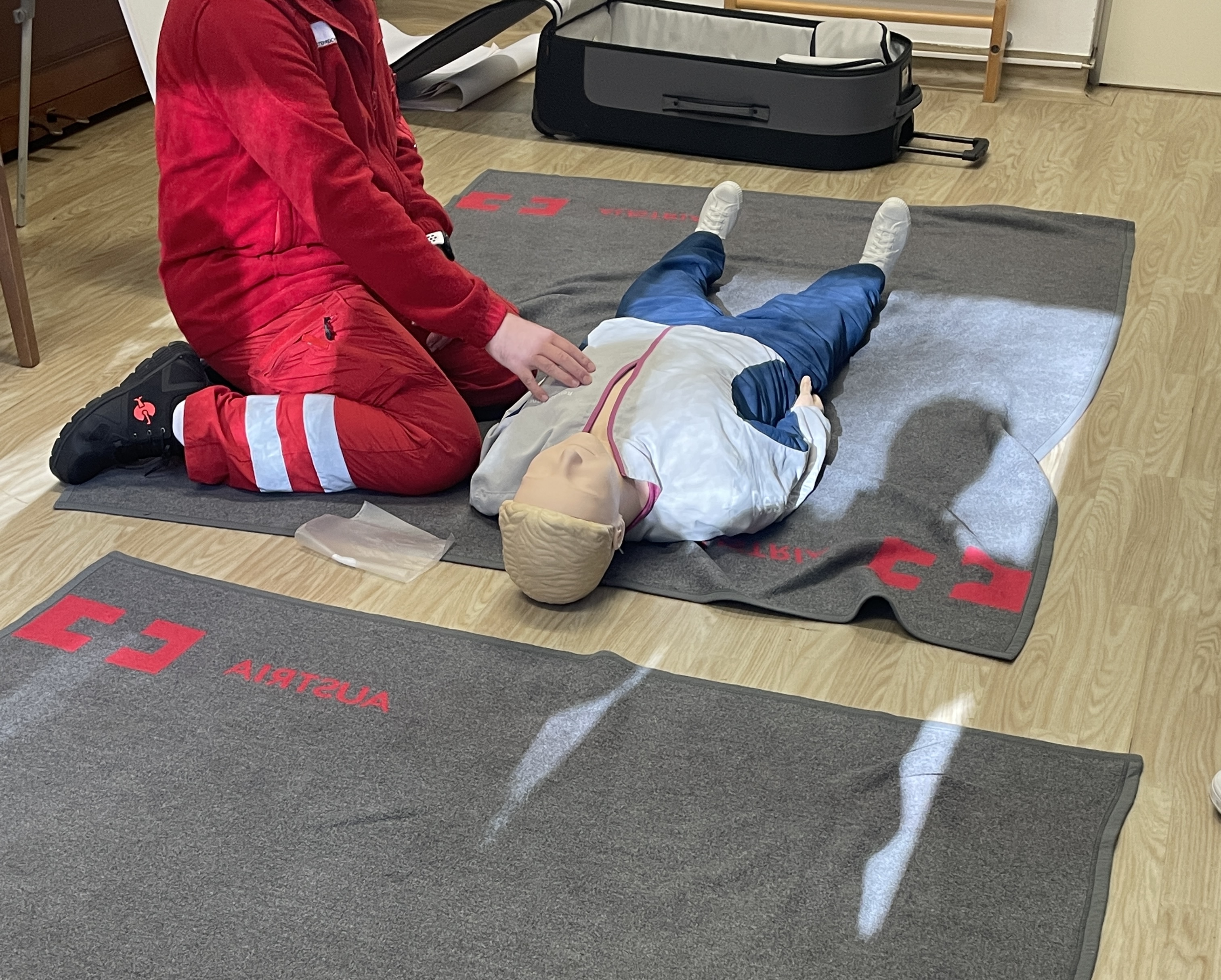
Next, assess the casualty's responsiveness by gently shaking them and calling out, "Are you okay?" If there's no response, the individual is unresponsive, necessitating swift action.
Call for help immediately. If someone is nearby, instruct them to call emergency services while you begin CPR. If you're alone, perform CPR for about 2 minutes before summoning help yourself.
Open the airway by placing the victim on their back on a firm surface. Gently tilt their head back by lifting the chin with one hand while pushing down on the forehead with the other, facilitating air passage.
Check for signs of breathing by observing the chest for rising and falling, listening for breath sounds, and feeling for breath on your cheek when placed near the victim's mouth and nose.
If the victim is not breathing normally, commence chest compressions. Position the heel of one hand on the center of the chest, between the nipples, with the other hand placed atop, fingers interlocked. Maintain straight arms and shoulders directly above the hands.
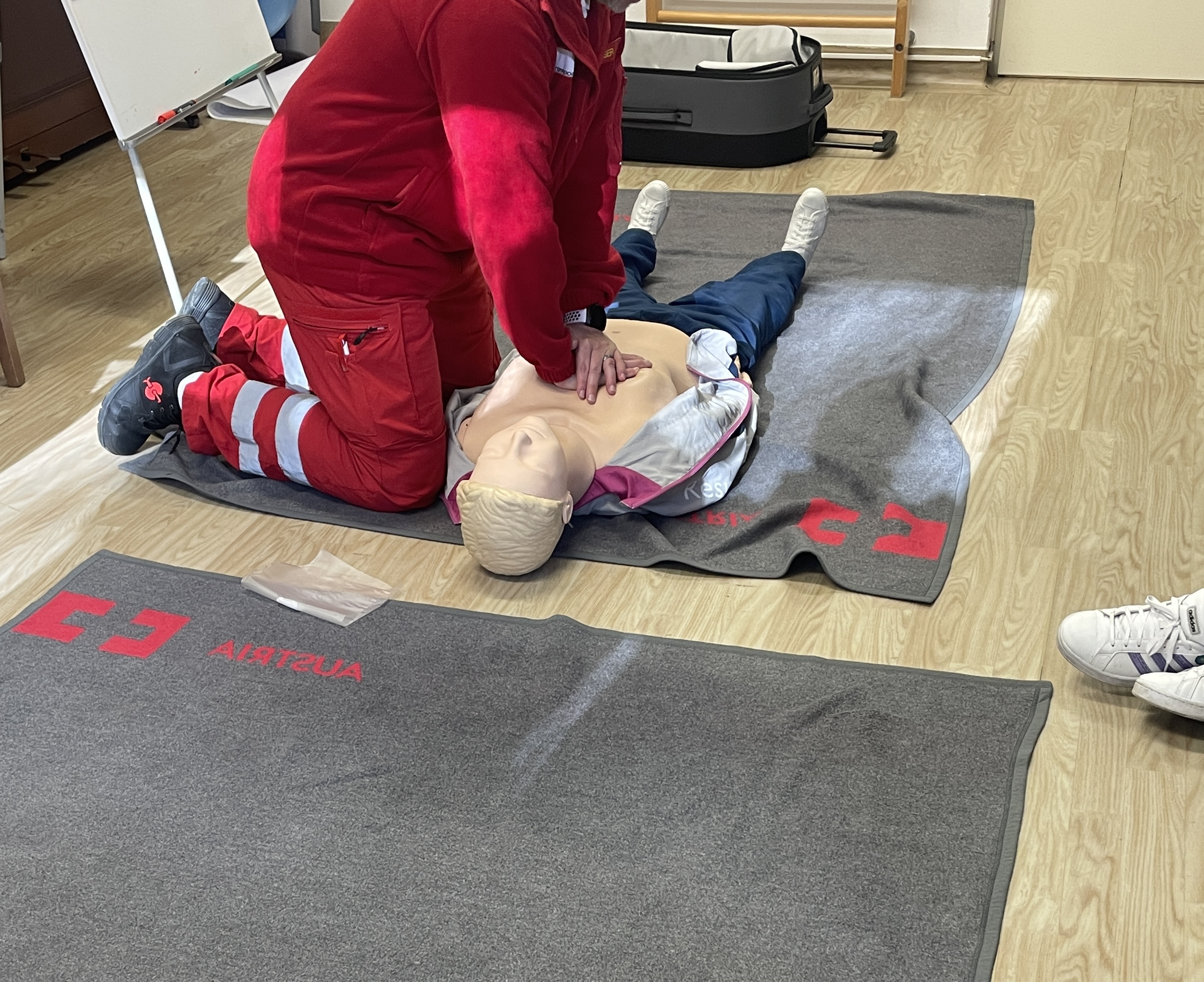

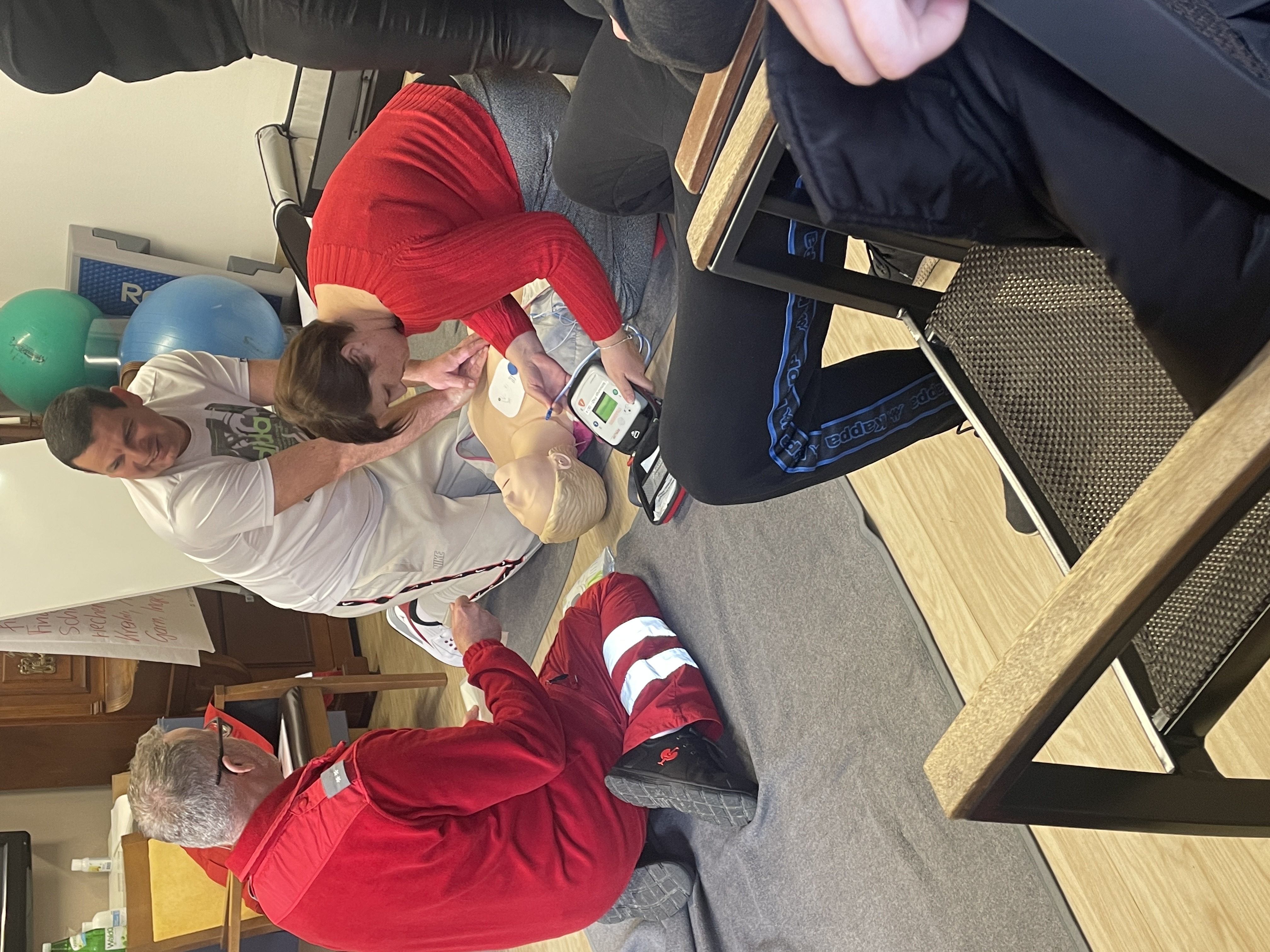
Perform chest compressions, aiming for a depth of at least 5 centimeters, at a rate of approximately 100 to 120 compressions per minute. Ensure the chest rises completely between compressions.
After 30 compressions, provide two rescue breaths. Maintain an open airway, pinching the victim's nose shut and covering their mouth with yours to create an airtight seal. Administer a breath lasting about 1 second, observing for chest rise. Repeat for the second breath.
Continue CPR in a ratio of 30 compressions to 2 breaths until emergency medical assistance arrives or signs of life, such as normal breathing or movement, are observed.
Be prepared to use an Automated External Defibrillator (AED) if available, following the device's voice prompts. Resume CPR immediately after delivering a shock if advised by the AED.
Remember to remain calm and focused while performing CPR, ready to take decisive action. Your intervention could significantly impact saving someone's life.
It's crucial to note that basic CPR procedures differ for adults and children. For children, begin with five inhalations followed by 15 chest compressions, as breathing issues are more likely. Continue alternating between two breaths and 15 compressions until additional help arrives.
How is the Heimlich maneuver performed?
To execute the Heimlich maneuver, follow these steps:
Stand behind the person who is choking, slightly leaning them forward.
Wrap your arms around their waist.
Make a fist with one hand and place it just above the navel, thumb inward towards the abdomen.
Grasp your fist with your other hand.
Position your hands on the area just below the ribcage and above the navel.
Apply firm and upward thrusts to the abdominal wall.
Repeat this action up to five times.
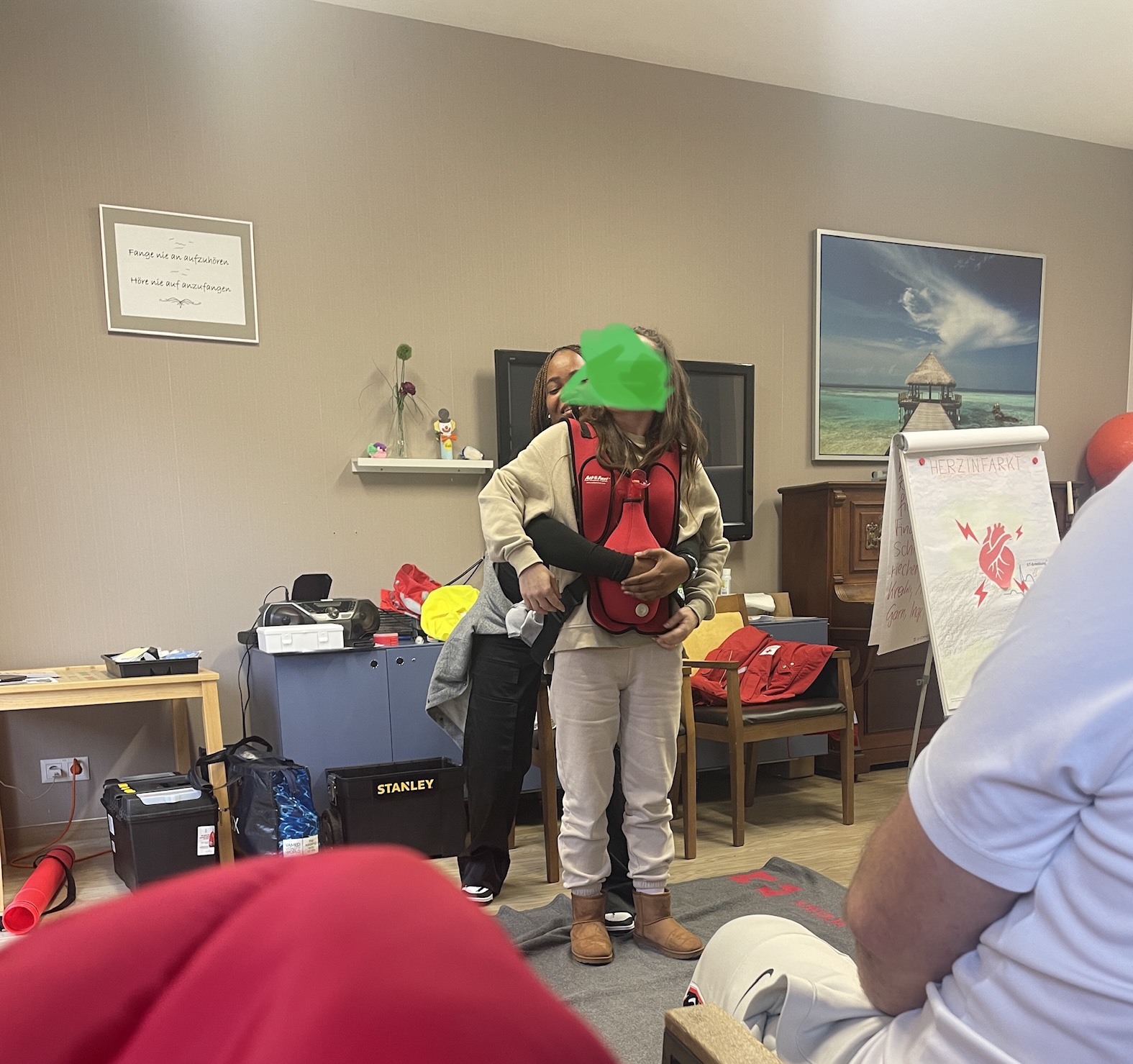
If the person loses consciousness, start preforming CPR.
Providing an exact percentage of people worldwide who possess knowledge of first aid is challenging due to various factors such as geographical location, level of education, accessibility to training, cultural norms, and more. However, it's estimated that only a minority of individuals globally have undergone formal first aid training.
Latest report indicates that approximately 5-15% of the global population has received some form of first aid training. Nonetheless, this percentage can vary significantly from one region to another and among different countries.
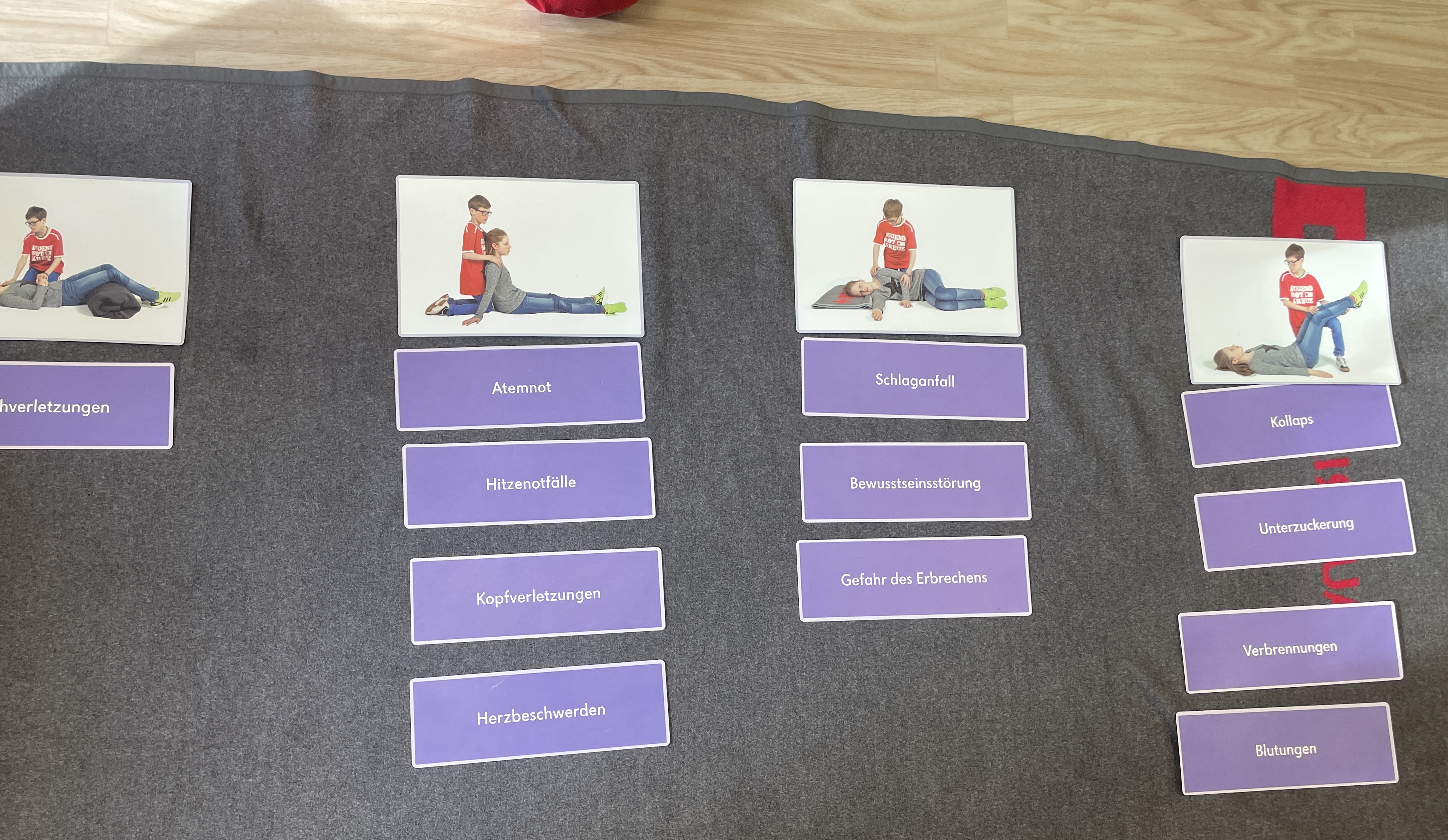
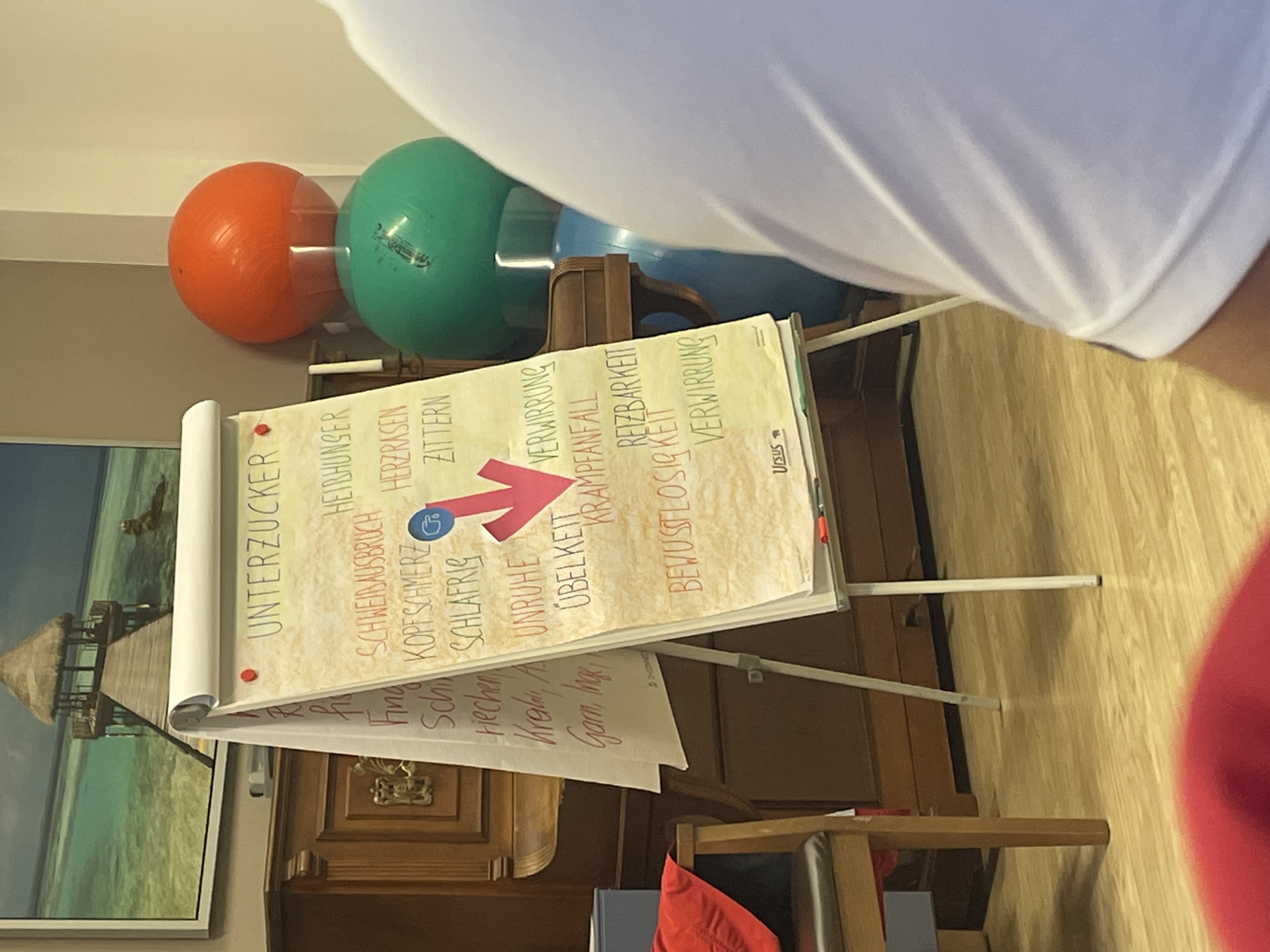
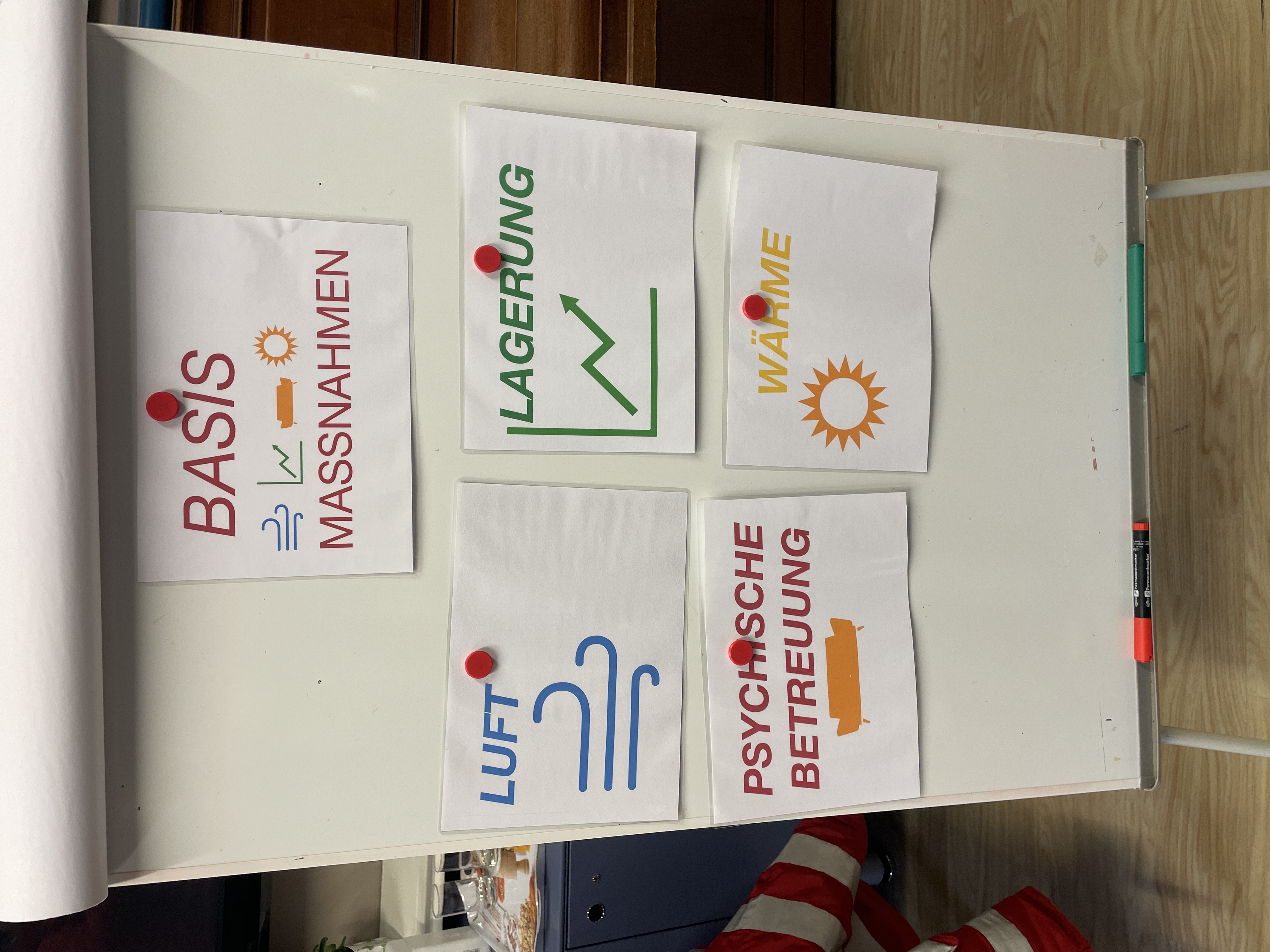
I believe that basic first aid knowledge is essential for everyone. With the accessibility of the internet, individuals can always seek information on how to administer first aid when needed.
In the heartbeat of humanity lies a profound truth: every life is irreplaceable, every heartbeat a symphony of significance. As we delve into the art of saving lives through CPR, we discover a sacred dance between skill and compassion. Each compression, each breath, a testament to the value we place on the lives of others.
In the depths of crisis, when time is fleeting and hope hangs by a thread, it is our hands that become the instruments of salvation. With every beat of our hearts, we echo the rhythm of empathy, understanding that every life saved is a triumph over despair.
So let us embrace the gravity of our role as stewards of life, recognizing that in our hands lies the power to rewrite destinies and defy the odds. For in the tapestry of existence, every thread is essential, every life a masterpiece waiting to unfold.
As we conclude this journey through the realm of life-saving techniques, may we carry with us not only the knowledge to perform CPR but also the unwavering belief in the sanctity of every heartbeat. For in the end, it is not just about saving a life—it is about honoring the profound beauty of life itself.
“Next to creating a life, the finest thing a man can do is save one.”—Abraham Lincoln
With love,@tinabrezpike ❤️
Consistency, networking and knowing curation programs are some of the things that help getting recognition at hive. Nothing of these are straightforward, and doesn't mean even if you do everything right you will get noticed. But for starter, consistency and engagement is key.
Hey, thanks for stopping by. Yeah, consistency is a problem for me, but I decided a long time ago that this site is only for quality content with meaning. I'm losing followers because of this, I know. But why should I write or comment on a post without meaning? Also, writing in another language, not in English, is hard for those of us who don't understand it. Seeing those posts with so many votes from people who don't have a clue what they're reading and are only here for profit is, hmm, dumb? It's also hard to decide in which community I should post for recognition and where people actually read. I have a project for the future, and I've already written articles, but I'm still not sure in which community I should post because I don't want them to go unnoticed. Writing and gathering information for just one article for a few days and then nobody reads it because I posted in the wrong community hurts. But yeah, it's my fault, and I need to work on that. I just need to find someone who will like my articles and give me advice on which community is perfect to post my new project. Once again, thanks for the advice.
People who are commenting on those highly rewarded posts didn’t vote them:)
A lot of them are commenting there because they are “fishing” for vote.
Most of the large votes are either automated which follows either a person or a trend, or from a curation program. Hive is bizarre that way:)
Understand the language barrier, maybe use hive to learn English; I know many have done that successfully.
Long content is not important. Interesting content is important. Research shows most people have the attention span of a goldfish, therefore YouTube shorts, TikTok, instagram reels are a thing. 500-800 words post is enough. But think about it, why people want to read CPR at hive, they will google it and get to Mayo Clinic link:) People perhaps will be more interested in the neighborhood you live and the grocery store you go to or where did you go this weekend or maybe you didn't go as you had some laundry to do.
So what I am saying perhaps the story of your laundry or your grocery shopping is more interesting to people than CPR
I think it's time for me to start learning Spanish or Chinese 😂. Or, washing dishes— not a bad idea. I don't have a dishwasher, so I can explain how you do this with your hands 🤔. But really, thank you for your answer. I think now is the time for me to find a community where my new project will be appreciated. Maybe I'll also explore cooking classes to add some flair to my dishwashing routine! 😉
Life gives us lemons; so we make lemonade :) You have the positive attitude. That swells